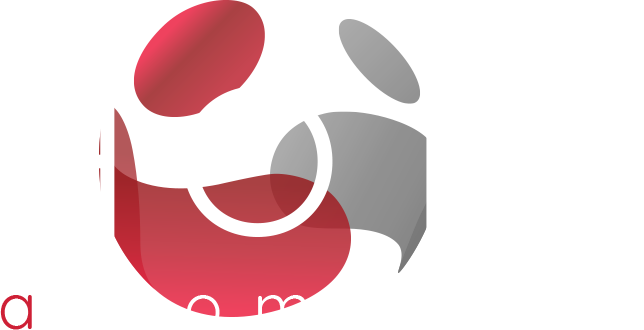In the traditionally male-dominated realm of the automotive industry, the importance of diversity, equity, inclusion, and belonging (DEIB) cannot be overstated. As society evolves, our industries must embrace a more inclusive approach that celebrates the unique contributions of all individuals. In this paradigm shift, women in the automotive industry are not just welcome – they are indispensable.
Gone are the days when the automotive sector was solely the domain of men. Today, women are beginning to make their mark across every facet of the industry, from design and engineering to manufacturing, sales, and leadership roles. In our rapidly changing world, the old way of thinking simply isn’t good enough anymore. Diversity isn’t just a buzzword – it’s a business imperative. Research consistently shows that diverse teams outperform their homogeneous counterparts, bringing a broader range of perspectives, ideas, and experiences to the table. By overcoming bias and embracing women into this traditional male-dominated environment, automotive companies can tap into new markets, better understand their customers, and create products and services that resonate with a diverse global audience.
Some of Britain’s largest automotive companies have committed to ensuring that women constitute 30% of their workforce within the next six years as part of their ‘30 by 30’ pledge, aiming to enhance gender diversity across all roles and levels. This pledge by the Automotive Council, whose members account for 99% of British vehicle manufacturing and half of the UK’s automotive workforce, presents a significant short-term challenge. Currently, just under 20% of the sector’s workforce is female.
However, simple public pledges of diversity may be insufficient. Women should not be seen as mere checkboxes for HR quotas. True inclusion involves creating a workplace where every individual feels valued, respected, and empowered to contribute their best. This requires breaking down barriers, challenging stereotypes, and fostering an environment where all employees can thrive. Even if the Automotive Council meets its 30% target, sustaining a female workforce at that level will be challenging unless inclusion becomes the norm in the workplace and any biased behaviours are stamped out.
Women bring a unique set of skills and perspectives to the automotive sector. The old saying goes that men are from Mars and women are from Venus, so who better to understand the female consumer than women themselves? In the US, there are 1.4 million more women licensed to drive than men. In addition to this, women tend to purchase more new cars than used ones, with 62% of new cars in the country being bought by women and more than 80% of car purchasing decisions made by women. According to the DVLA, women make up 48% of all motorists in the UK. Research by the female-focused studio WMN suggests that just over half of these female drivers – approximately 8.5 million – believe that the automotive industry doesn’t understand them. These statistics present legitimate business-savvy reasons to increase the representation of women in the automotive workforce beyond mere diversity checkboxes. If not addressed, the issue of deep-rooted bias may be more pervasive than we realise. As Camilla Ellerton, consumer marketing director for AutoTrader, aptly puts it: “Forget, for one moment, the sexism. It’s just financially bizarre and isn’t replicated in any other industry today.”
In addition to these glaring incentives, research indicates that companies with more gender-diverse leadership teams are more likely to outperform their competitors, highlighting further tangible benefits of gender diversity in driving business success.
But beyond the bottom line, the presence of women in the automotive industry sends a powerful message – that opportunities are open to all, regardless of gender. By challenging stereotypes, women pave the way for future generations of female leaders, inspiring young girls to pursue careers in STEM fields and empowering them to dream big and aim high.
The importance of women in the automotive industry cannot be overstated. Their contributions drive innovation, foster creativity, and propel companies towards greater success. By embracing DEIB, automotive companies can create a workplace where everyone feels valued, respected, and empowered to succeed.
If you’d like to discuss your attraction and retention strategies for women in your organisation, get in touch and one of our team would love to help.
< back to other articles

